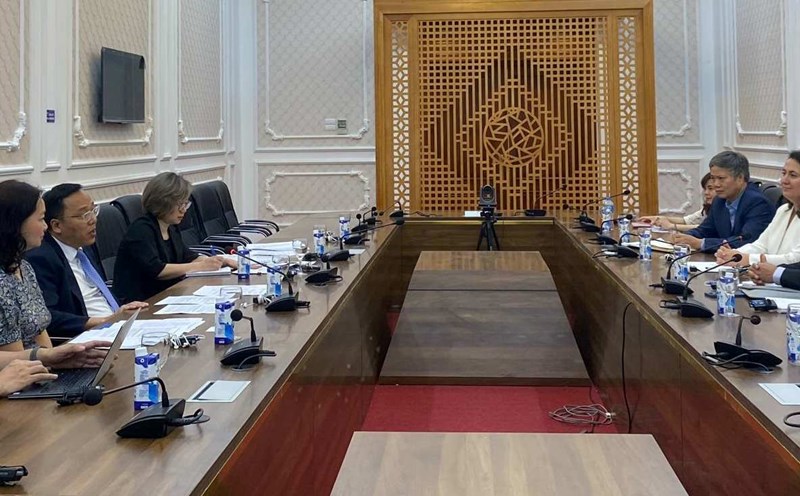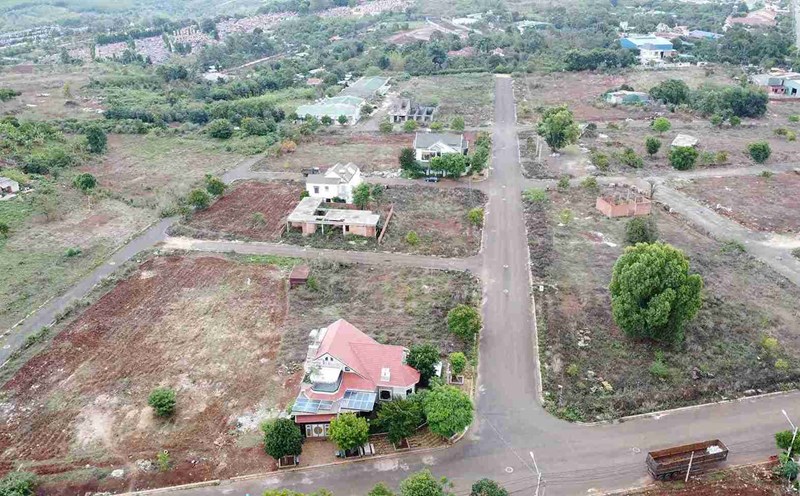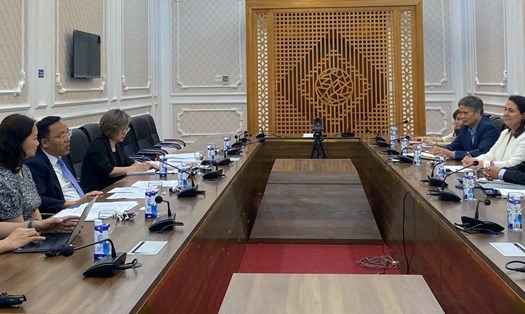In the draft Law amending and supplementing a number of articles of the Law on Energy Efficiency and Savings, two outstanding contents that are attracting attention are the establishment of a Fund to promote energy-saving and efficient use and the establishment of a legal framework for energy service enterprises ( UNESCO). This is a key financial and technical solution to implement a fair, efficient and sustainable energy transition.
Energy-saving financing: Lessons from the US, Thailand, Korea
In the United States, states such as California have established a Clean Energy Fund since the 1990s, using stable funding from energy taxes or surcharges on electricity bills to co-fund and guarantee credit for energy-saving projects.The fund is not a bulky administrative entities, but is authorized for semi-public or non-profit organizations to operate under a transparent and independent governance model.
Thailand is a typical example in Southeast Asia.The Energy Conservation Promotion Fund (ENCON Fund) was formed from fuel tax sources, and has a stable source of revenue, ensuring the ability to invest long-term in energy and renewable energy savings programs.
ENCON acts as a revolving and diverse support fund. Including: Non-refundable funding for research and piloting new technologies; Financial support for businesses to invest in upgrading energy efficiency; Support for training and raising public awareness of energy efficiency.
Korea has standardized the ESCO market very early.The coordination role is assigned to the Korea Energy Efficiency Group (KEMCO), the unit that conducts training, grants certificates, assesses efficiency and connects credit to ESCO businesses.
independent auditing mechanisms, diverse ESCO contract models, clear legal frameworks, and legal protection on both sides, therefore, ESCO projects in Korea often have a very high success rate and customer satisfaction.
Specific regulations, measurement units and strong communication are needed to develop the ESCO model
Mr. Hoang Hai - Executive Director of Vietnam Technology Solutions Joint Stock Company (VTS) - said that as a consulting unit for solutions to help businesses save energy effectively, reduce costs and protect the environment, he realized that the ESCO model in Vietnam still lacks the necessary legal foundation.
In Vietnam, there are no specific legal regulations in the fields of ESCO activities for businesses, meaning we do not have a legal corridor regulating ESCO consulting businesses, what are the roles and responsibilities of consulting businesses, and what are ESCO investors, Mr. Hai shared.
According to Mr. Hai, currently, the ESCO market in Vietnam mainly focuses on renewable energy projects such as rooftop solar power - reselling to businesses or leasing, and heat selling solutions for factories.
"There is still a lot of potential, but due to the lack of legal corridors, it has not been implemented. Or another form is that investors will invest directly in factories in the form of savings, then pay gradually, or according to the capital the investor has invested in," he added.
Regarding the potential for developing the ESCO model, he said that this model has been successful in major markets such as the US, Europe, developed countries in Asia such as Japan, Korea, and even Thailand.
The ESCO model is very successful because there are many businesses that need to invest in technology alternatives but do not have capital, to produce more effectively, save more energy and protect the environment more. Meanwhile, there are some funds that have capital and are willing to invest in that.
In addition, there are also manufacturers who want to invest in the Vietnamese market to sell products better, more effectively, save more energy, and protect the environment more. But they cannot reach factories in need, he said.
According to Mr. Hai, there are three biggest barriers today: "The biggest obstacle is the barriers to capital for businesses. Second is the technological barrier. Third, ESCO consulting units, consulting solutions for factories and companies on how to implement the ESCO model and how to measure it".
Mr. Hoang Hai proposed 4 solutions to promote the ESCO model in Vietnam.
First, it is necessary to issue a full legal framework, clearly defining the roles and responsibilities of all parties in the ESCO model.
Second, building an effective measurement and evaluation system, ensuring transparency, helping investors and businesses feel secure in participating.
Third, training and improving consulting capacity. Consulting units need to be trained in both legal and technical aspects, meeting the diverse requirements of the industry.
Fourth is communication and financial support. Strengthen communication so that businesses are clearly aware of the State's support policies, and at the same time have preferential loan mechanisms to implement ESCO projects.
When the above factors are completed, I believe that the ESCO model will develop very quickly in Vietnam, bringing double benefits to both businesses and countries in the goal of saving energy and protecting the environment, said Mr. Hoang Hai.









